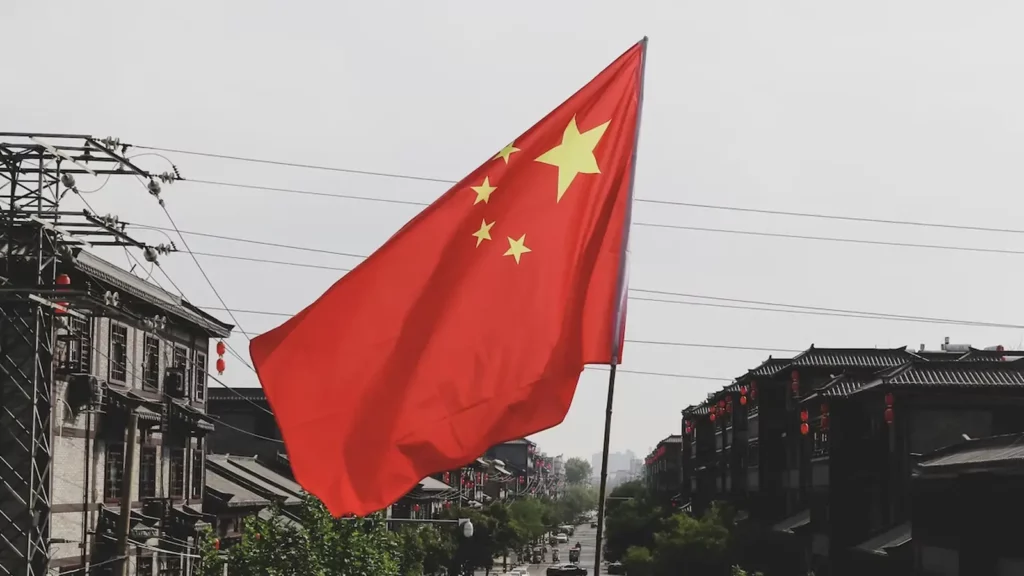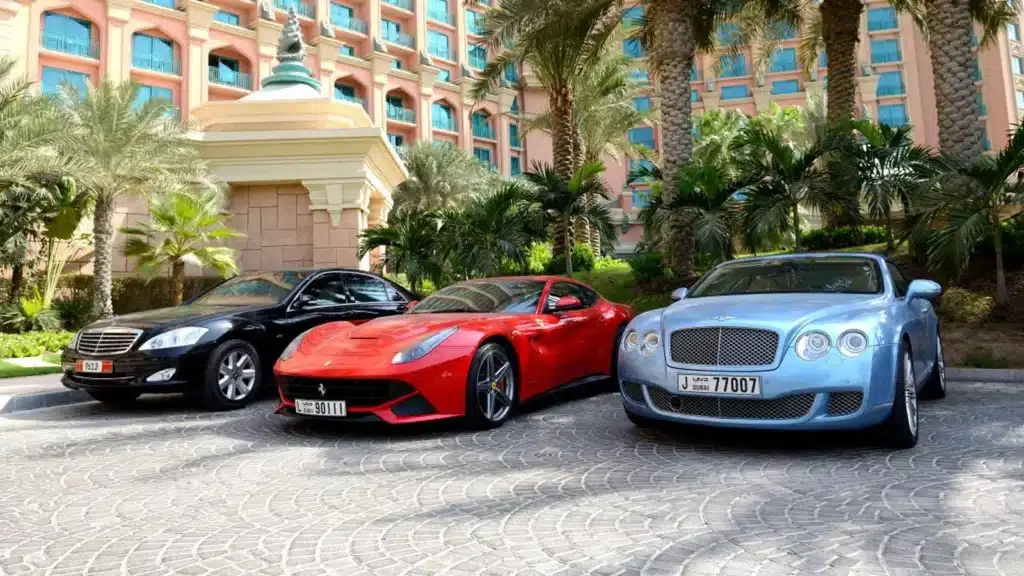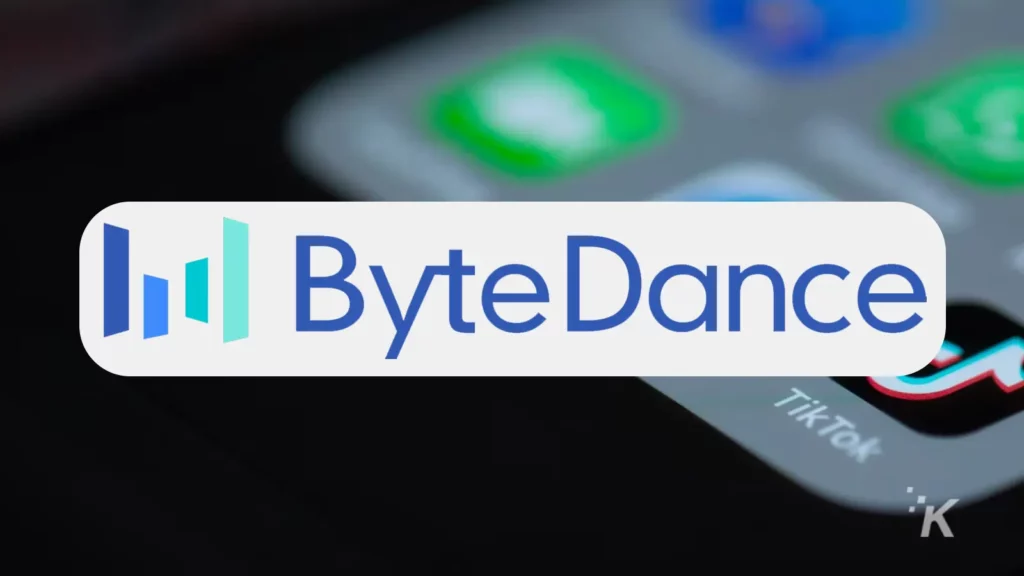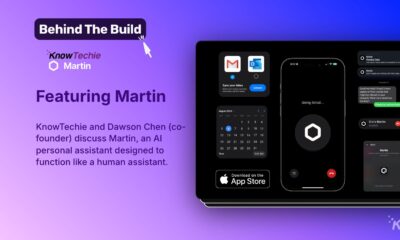Apps
TikTok owner ByteDance bought a hospital chain – here’s why
It might seem like a weird purchase, but it’s not.

Just a heads up, if you buy something through our links, we may get a small share of the sale. It’s one of the ways we keep the lights on here. Click here for more.
ByteDance is best known for owning TikTok — a hugely-popular video-sharing app that both enchants teenagers and terrifies lawmakers in equal measure.
But this week, it emerged that the company has acquired a chain of hospitals for a cool $1.5bn.
The media’s reaction to this development largely coalesced into two camps. The first was one of pure incredulity.
The second argued that ByteDance was merely following the likes of Amazon and Apple, both of which have invested in healthcare (and, particularly, frontline healthcare delivery) over the past two years.
The real reason is likely more complicated. But first, we have to understand how the Chinese economy works. Bear with me. I’ll make this gentle.
Capital controls and companies

If you’re reading this article, you’re most likely living in a Western country. Probably the US, Canada, or the United Kingdom.
These countries, for all intents and purposes, allow companies and individuals to move money as they see fit. If you’re a New York billionaire and you want to transfer your entire net worth to a bank account in Geneva, you can. There’s nothing stopping you.
China is different. It uses something called Capital Controls to limit the amount of money that flows out of the country. Both businesses and individuals are limited in how much they can send overseas without first gaining the consent of the government.
This policy is partially responsible for the Chinese economic miracle, which saw the country virtually eradicate extreme poverty and radically expand its middle class over just a few years.
Think about it. If you’re a successful Chinese factory owner, and the easiest way to invest your profits is to spend locally, that’s what you’ll do.
So, you’ll hire new workers and invest in new machinery. Productivity and output increase, so you repeat the cycle, growing faster and stronger with every iteration.
Capital controls have also resulted in some genuine economic weirdness.
Until the government cracked down (and Xi Jinping’s policy of “Zero COVID” made international travel all but impossible), wealthy Chinese individuals would buy and sell high-value items to move their money overseas.
This included almost anything. Art. Cars. Real estate. If you can name it, there was probably someone investing in it.

It’s also partially responsible for China’s booming real estate market, which currently teeters on the brink of implosion. Since ordinary Chinese people couldn’t invest overseas easily, they bought property.
Companies like Evergrande raised hundreds of billions from both local and foreign investors to meet this demand. Huge ghost cities containing tens of thousands of vacant investment properties now litter the Chinese countryside.
I think you know where I’m going with this. It’s easier for ByteDance to just invest its money locally. And that’s probably what it did. Healthcare isn’t the most exciting sector, but it’s an essential service. As bets go, it’s a safe one.
Too big to jail?

There’s another point worth making. The Beijing government has, in recent years, made it abundantly clear that it won’t tolerate the unchecked growth of the tech sector. It won’t permit tech CEOs to become too powerful.
Take Jack Ma, for example. He’s the founder of Alibaba. From humble beginnings, this company is now among the most valuable in the world.
In 2020, Alibaba’s financial services wing, the Ant Group, was set for an IPO that would value the subsidiary at over $313 billion.
It would become one of the most valuable companies in the world, with a market capitalization greater than Samsung or Coca-Cola.
And then it went terribly wrong. Jack Ma made statements that were perceived as critical of the government, regulators, and the ruling Chinese Communist Party.
Within a matter of days, the Ant Group’s blockbuster IPO was scuttled by regulators, and it faced new restrictions on how it operated.
More troublingly, Ma disappeared from public view. He has only been seen twice in public since October 2020.
This sent a message to the Chinese tech sector. The government doesn’t want any private-sector rivals. It won’t tolerate any threat to its power. And so, is it a surprise that ByteDance has opted to invest in more traditional spaces?
Additionally, China’s tech sector faces threats from overseas. TikTok is a great example. President Trump tried to ban it, and force ByteDance to divest its US assets. The FCC similarly wants Google and Apple to remove it from their US app stores.
Tech is a global space. Companies rely on trans-national supply chains and customer bases. Governments can easily disrupt this, as Huawei can attest to. By contrast, healthcare carries less risk, and is harder to sanction.
Conclusion
So, no. I don’t think it’s weird that ByteDance bought a hospital chain. When you factor in all the elements — the threat of foreign sanctions, growing domestic mistrust of the tech sector, and the long-established capital controls — it makes sense.
And I’d bet my bottom reminbi that we’ll see similar acquisitions in the months and years to come.
Have any thoughts on this? Let us know down below in the comments or carry the discussion over to our Twitter or Facebook.
Editors’ Recommendations:
- TikTok finally adds ‘content levels’ to limit what kids see on the app
- Instagram expands NFTs to over 100 countries, but do regular users care?
- Twitter is testing a new ‘Status’ feature that no one asked for
- Facebook brings back the chronological feed for your friends































